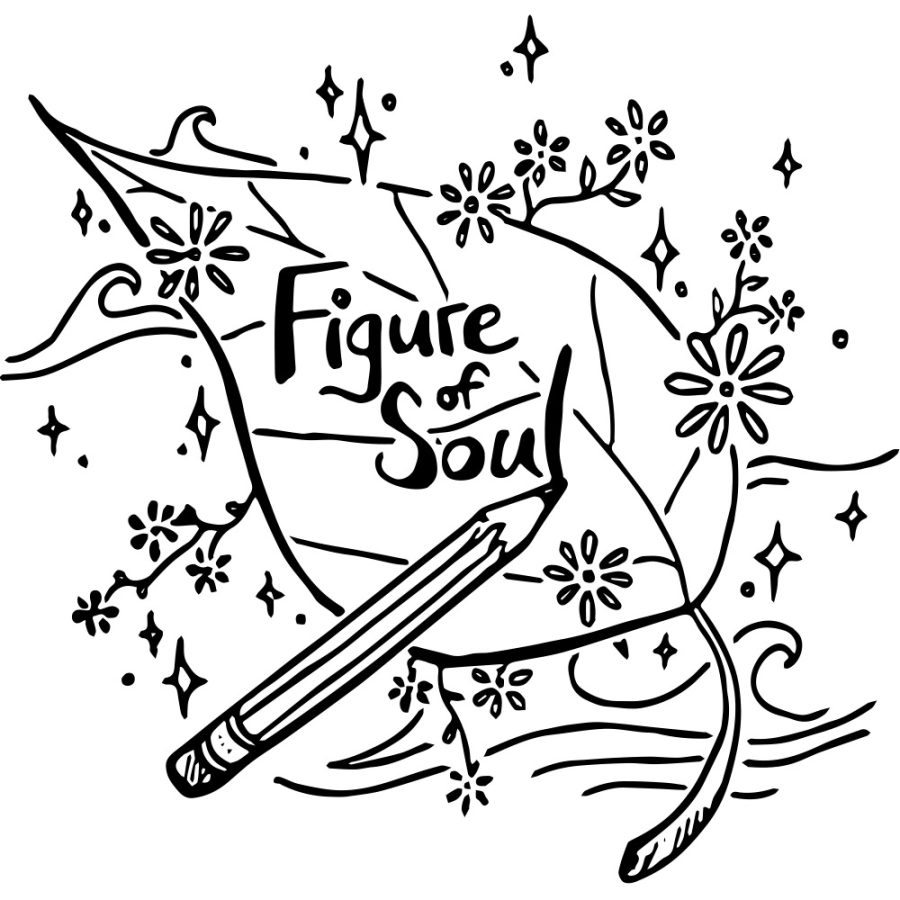These quotes by Marcus Aurelius humble me when I am happy, comfort me when I am sad, pause me when I am running too fast and bring me to the ground when I am overwhelmed. He was a great student and a teacher to himself as he meditated on his thoughts and life. Moreover, these meditations turned into invaluable words that remind the goodness of being a human and how to be one.of a human and to be one. Lessons from this man’s life are taught eternally to many others. His way of living shows that our lives are full of lessons and they are worthy of sharing with those who are willing to learn, including themselves. This is how I interpret his meditations into mine.
- “Does the emerald lose its beauty for lack of admiration?”
I love this question as it deeply embodies stoicism. The concept of beauty, or the emerald’s worth as described here, is objective beauty, as if the reader also feels admiration for the emerald’s beauty. However, it could be reversed subjectively by someone who says, “I despise the green color of emeralds. It indicates jealousy or evilness.” Now, let’s imagine the emerald is told that it is ugly and evil because of its color. It is also said that it is rare and should be used in jewelry as a sign of beauty by someone else. In this dilemma, who do you think the emerald would believe? Would it be swayed by external opinions that label it as ugly or beautiful?
If the gemstone were stoic, it would believe in neither of them because the emerald knows that everything, including its beauty or the opinions of others, fades away. It knows that the praises about its beauty would be changed once its brilliant green hues deteriorate. As Natsume Sōseki mentions in their book Kokoro, “I do not want your admiration now because I do not want your insults in the future.” The true value lies not in the fickle opinions of others but in the emerald’s own belief of worth because, as Marcus Aurelius once said, “The soul becomes dyed with the color of its thoughts.”
“Choose not to be harmed — and you won’t feel harmed.” Marcus Aurelius said “Don’t feel harmed — and you haven’t been.”
- “What fault of mine most nearly resembles the one I am about to criticize?”
After asking this question on the verge of criticizing someone else, I am sure you would find yourself incapable of formulating your emotions into negative words. It is because, on a bigger scale, we are all interconnected through our shared human experience, energy and physical bodies. Our lives are intertwined: we benefit from each other’s achievements and learn from each other’s mistakes. Thus providing feedback for the good of both sides. With this perspective, we can flip this question and ask ourselves, “What side of mine resembles the one I am complimenting?”
This idea of empathy and introspection is reflected in many proverbs from different cultures. For instance, Mahatma Gandhi once said, “An eye for an eye makes the whole world blind.” There is also a Mongolian proverb that goes: “Without looking at the mow on your head, to see the grass on others’ heads.”
FIGURE OF SOUL is a column written by first-year psychology major Ninjin Tumurbat (she/her) that analyzes metaphors. Contact her at [email protected].









